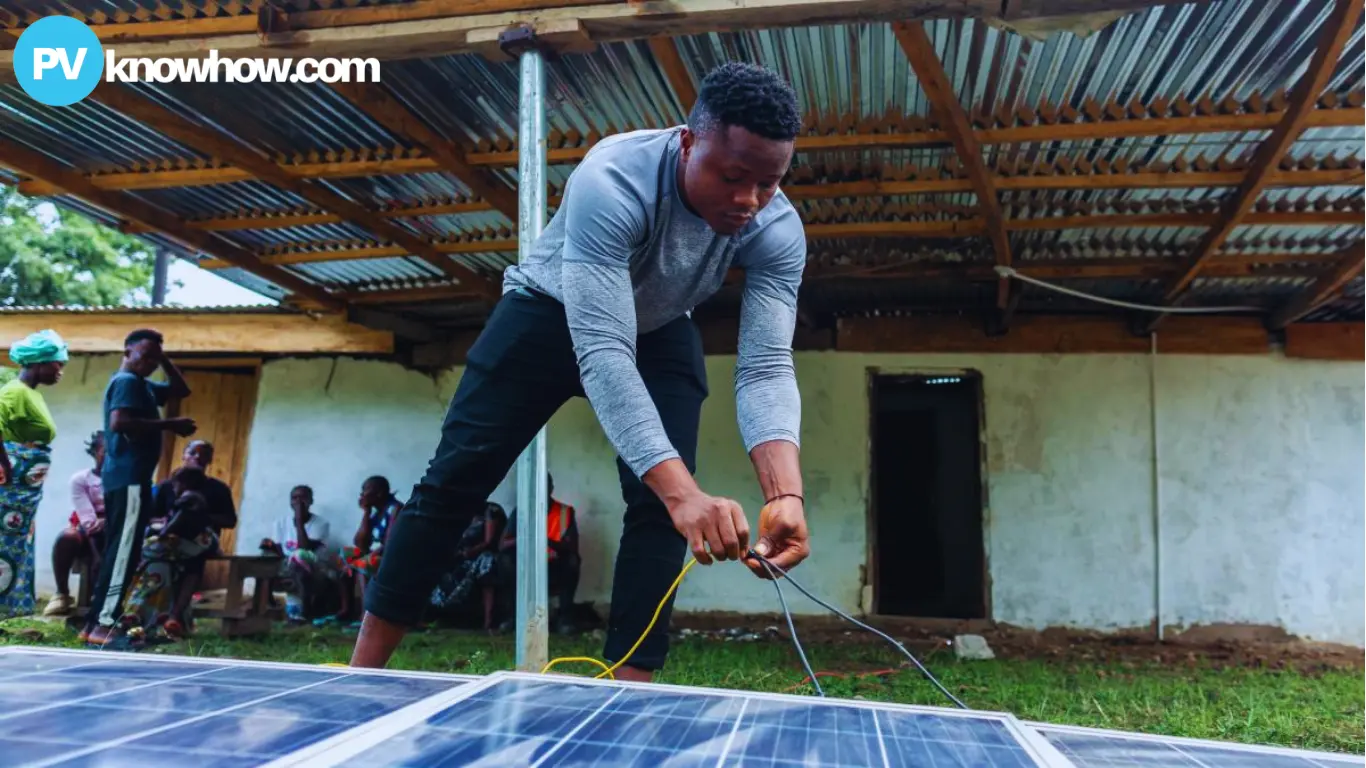The REA and Anfani Energy have signed an MoU to boost solar energy in Nigeria by developing 1,500 MW of renewable energy projects over the next three years. This partnership aims to improve affordability and accessibility to renewable energy, focusing on technological innovation and funding for underserved communities.
MoU for Renewable Energy Expansion
In a significant move to boost renewable energy in Nigeria, the Rural Electrification Agency (REA) and Anfani Energy Limited signed a Memorandum of Understanding (MoU) over the weekend. This agreement aims to improve affordability and accessibility to renewable energy solutions across the country.
The MoU between REA and Anfani Energy represents a major step forward for Nigeria’s clean energy landscape. Several other companies are also involved in the initiative. With a strong focus on solar energy, the deal targets the development of 1,500 megawatts (MW) of renewable energy projects over the next three years.
The collaborative effort will focus on increasing both funding and technological innovations, especially for renewable energy solutions. These efforts are crucial as Nigeria seeks to transition to more sustainable energy sources while addressing the energy needs of underserved communities.
Over the next three years, the partnership between REA, Anfani Energy, and other firms will lead to the implementation of several large-scale solar energy projects. These projects will not only provide clean energy but also create jobs, stimulate economic growth, and improve the quality of life for millions of Nigerians.
The Role of Anfani Energy in Solar Energy Projects
Anfani Energy is a renewable energy brokerage platform with a mission to improve access to affordable energy solutions for micro, small, and medium-scale enterprises (MSMEs) in sub-Saharan Africa. The company works with financial providers and energy suppliers to offer high-quality, affordable solar energy solutions.

Solar Energy in Enterprises Across Sub-Saharan Africa.
At the MoU signing event in Abuja, Anfani Energy’s Managing Director, Mr. Ishaq Bolarinwa, highlighted the importance of the company’s role in the renewable energy ecosystem. He emphasized that Anfani aims to remove financial barriers and drive technological innovation in the renewable energy space.
"We bridge the affordability and accessibility gap for renewable energy solutions in Nigeria and sub-Saharan Africa," Bolarinwa said. He further noted that solar energy is about "igniting dreams, empowering communities, and catalysing growth from the ground up."
Anfani’s primary goal is to source catalytic financing for renewable energy projects. This type of funding will help accelerate the development and deployment of clean energy solutions. The company is also focused on improving the processes involved in project execution.
REA's Strategy for Solar Energy Deployment
The REA has been a key player in Nigeria’s push for renewable energy adoption, especially in rural areas. Through initiatives like the Nigerian Electrification Project (NEP), the agency has developed strategies to scale up energy access in underserved regions. One of the key strategies is the Renewable Energy Service Companies (RESCOs) model, which uses public-private partnerships to expand off-grid solar energy projects.
According to Mr. Olufemi Akinyelure, Head of the Nigerian Electrification Project, the RESCOs strategy is designed to support the broader goal of improving energy access across Nigeria. "RESCOs are critical to our efforts to bring solar energy to off-grid rural areas. They enable us to deploy and operate electrification projects in partnership with the private sector," Akinyelure stated.
Solar energy is becoming a key component of Nigeria's energy mix, thanks to its abundant resources. However, affordability and accessibility are major challenges — particularly for rural and underserved areas. By collaborating with companies like Anfani Energy, the REA aims to overcome these barriers, bringing large-scale solar projects to millions of Nigerians.
The MoU signed by REA and Anfani Energy marks a major milestone for Nigeria’s renewable energy sector, with solar energy at the forefront of the initiative. Through catalytic financing, technological innovation, and strategic partnerships, the country is set to make significant progress in bridging the affordability and accessibility gap for clean energy solutions.
